Dr Sally Staton
Saturday, 11 March

10:45am – 12:00pm
Good quality sleep is vital for healthy development across the life-span, with impacts on learning, behaviour, and health. In the early years of life, children’s sleep impacts not only the child, but also those who care for them. The significance of children’s early sleep development is reflected in the NQS which specifies that services must appropriate opportunities to meet each child’s need for sleep, rest and relaxation (QA 2.1.1). Yet, how ECEC services best respond to individual differences in sleep needs is not always clear. Drawing on our findings from over a decade of research into sleep, rest, and relaxation practices, this interactive presentation will examine current knowledge of children’s sleep development and provide opportunity to reflect on best practice to meet individual differences in children’s sleep, rest, and relaxation needs.
Sunday, 12 March

2:30pm – 3:30pm
concurrent workshops - select one
The “Bedtime Battle” is a well-known parent challenge. For Montessori families, however, giving autonomy to children over their sleep from the earliest ages can prevent a negative association with sleep. At the same time, the scientific approach of Montessori ensures that we are taking note of research outcomes to check against our practices.

